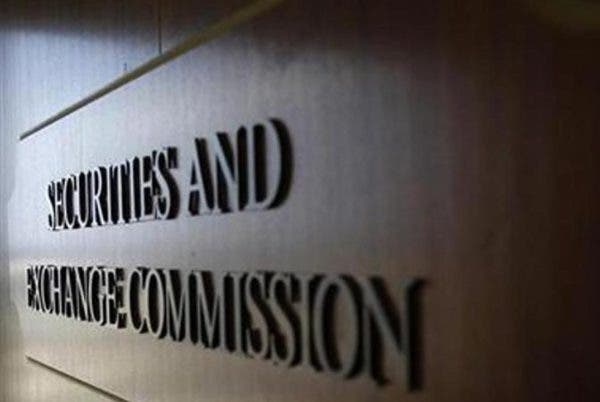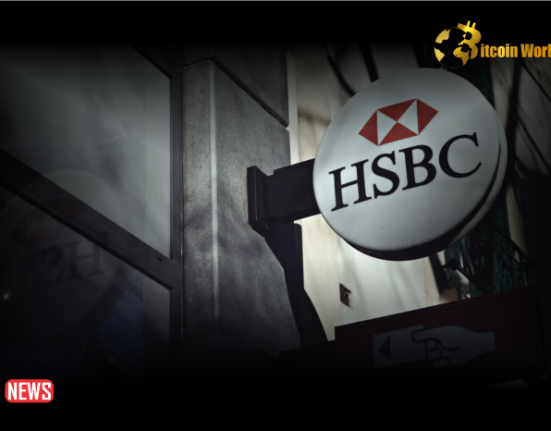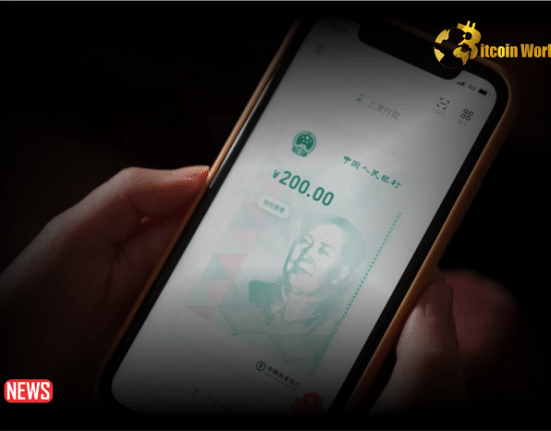
Digital assets offerings provide alternative investment opportunities for the investing public; it is therefore essential to ensure that these offerings operate in a manner that is consistent with investor protection, the interest of the public, market integrity and transparency. The general objective of regulation is not to hinder technology or stifle innovation, but to create standards that encourage ethical practices that ultimately make for a fair and efficient market.
Section 13 of the Investment and Securities Act, 2007 conferred powers on the Commission as the apex regulator of the Nigerian capital market to regulate investments and securities business in Nigeria. In line with these powers, the SEC has adopted a three-pronged objective to regulate innovation, hinged on safety, market deepening and providing solution to problems. This will guide its strategy, its regulations and its interaction with innovators seeking legitimacy and relevance.
Consequently, the SEC will regulate crypto-token or crypto-coin investments when the character of the investments qualifies as securities transactions.
WHAT WILL BE REGULATED?
1. The position of the Commission is that virtual crypto assets are securities, unless proven otherwise. Thus, the burden of proving that the crypto assets proposed to be offered are not securities and therefore not under the jurisdiction of the SEC, is placed on the issuer or sponsor of the said assets.
2. Issuers or sponsors are expected to satisfy the burden of proving that the virtual assets do not constitute securities by making an initial assessment filing. However, where the finding of the Commission is that the virtual assets are indeed securities (not structured to be exclusively offered through crowdfunding portals or other exempt methods), then the issuer or sponsor must register the digital assets.
3. The registration process for virtual assets will therefore involve a two-prong approach – an initial assessment filing to satisfy the burden of proof and a filing for registration proper, either made directly by the issuer or sponsor or where the burden of proof is not satisfied.
4. Similarly, all Digital Assets Token Offering (DATOs), Initial Coin Offerings (ICOs), Security Token ICOs and other Blockchain-based offers of digital assets within Nigeria or by Nigerian issuers or sponsors or foreign issuers targeting Nigerian investors, shall be subject to the regulation of the Commission. Existing digital assets offerings prior to the implementation of the Regulatory Guidelines will have three (3) months to either submit the initial assessment filing or documents for registration proper, as the case may be.














